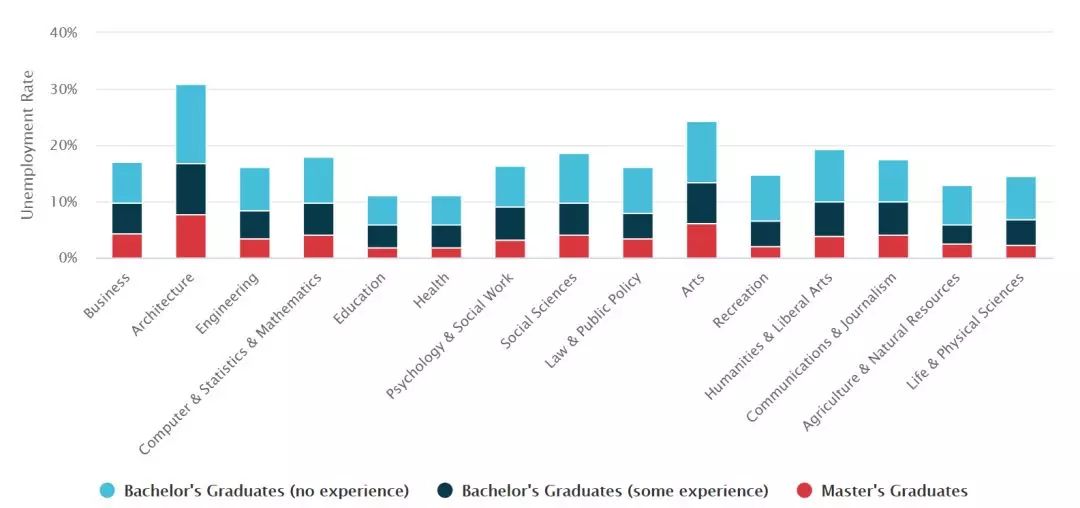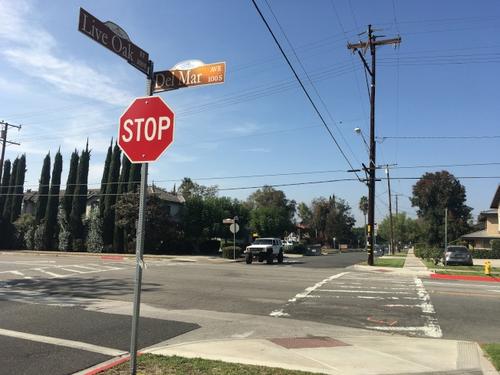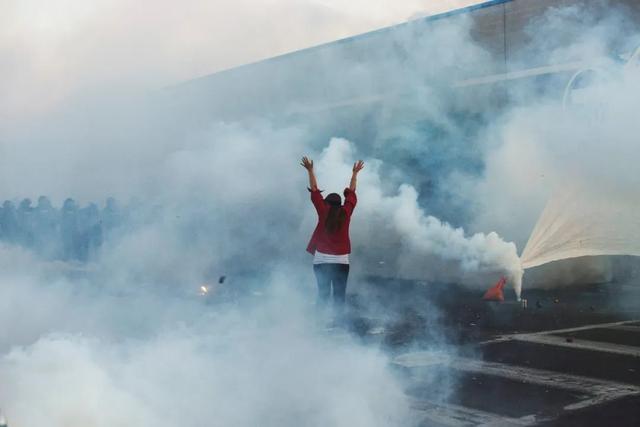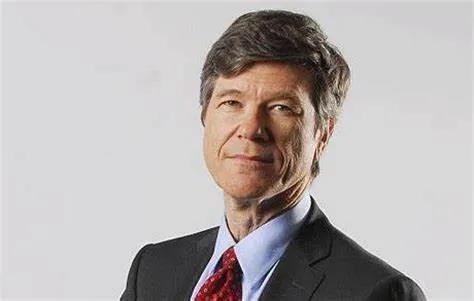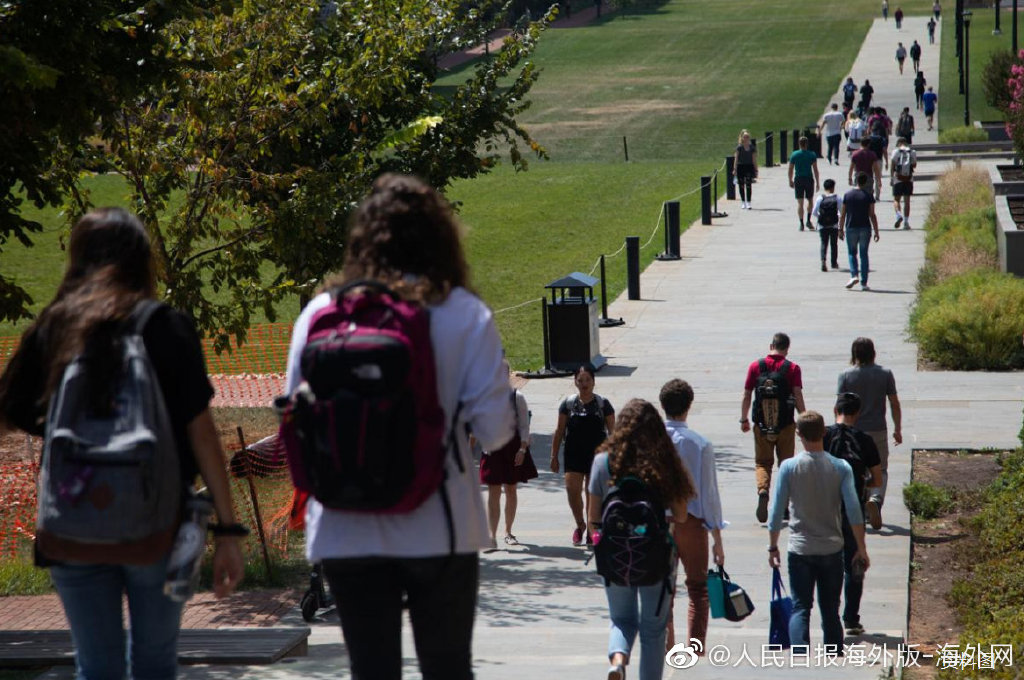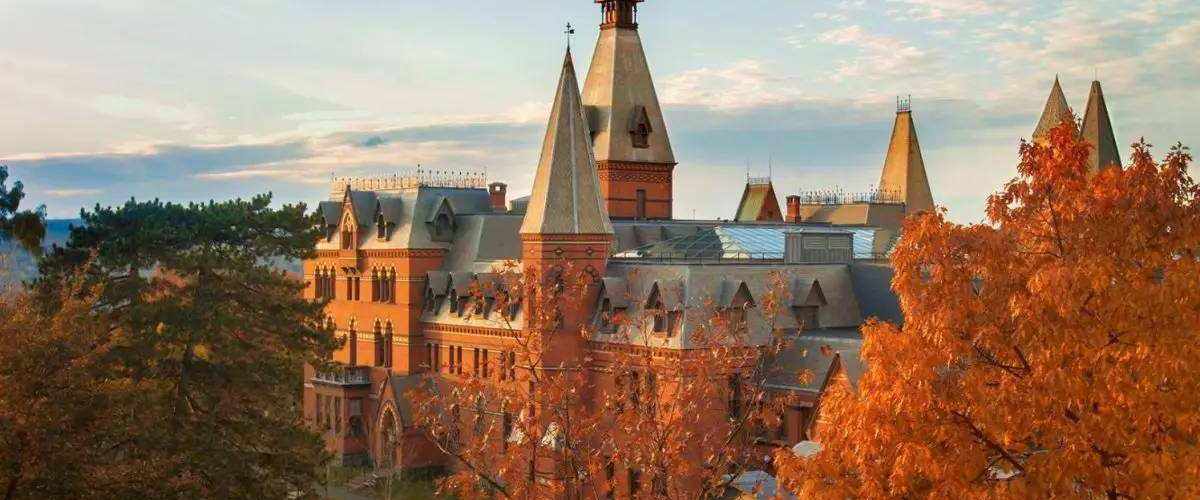Thomas Jefferson (April 13, 1743 – July 4, 1826)[2] was the third President of the United States (1801–1809), the principal author of the Declaration of Independence (1776), and—for his promotion of the ideals of republicanism in the United States—one of the most influential Founding Fathers. Jefferson envisioned America as the force behind a great "Empire of Liberty"[3] that would promote republicanism and counter the imperialism of the British Empire.
Major events during his presidency include the Louisiana Purchase (1803) and the Lewis and Clark Expedition (1804–1806), as well as escalating tensions with both Britain and France that led to war with Britain in 1812, after he left office.
As a political philosopher, Jefferson was a man of the Enlightenment and knew many intellectual leaders in Britain and France. He idealized the independent yeoman farmer as exemplar of republican virtues, distrusted cities and financiers, and favored states" rights and a strictly limited federal government. Jefferson supported the separation of church and state[4] and was the author of the Virginia Statute for Religious Freedom (1779, 1786). He was the eponym of Jeffersonian democracy and the cofounder and leader of the Democratic-Republican Party, which dominated American politics for 25 years. Jefferson served as the wartime Governor of Virginia (1779–1781), first United States Secretary of State (1789–1793), and second Vice President of the United States (1797–1801).
A polymath, Jefferson achieved distinction as, among other things, a horticulturist, political leader, architect, archaeologist, paleontologist, inventor, and founder of the University of Virginia. When President John F. Kennedy welcomed 49 Nobel Prize winners to the White House in 1962 he said, "I think this is the most extraordinary collection of talent and of human knowledge that has ever been gathered together at the White House – with the possible exception of when Thomas Jefferson dined alone." To date, Jefferson is the only president to serve two full terms in office without vetoing a single bill of Congress. Jefferson has been consistently ranked by scholars as one of the greatest of U.S. presidents.
Political career from 1774 to 1800
Jefferson showed his draft to the committee, which made some final revisions, and then presented it to Congress on June 28, 1776. After voting in favor of the resolution of independence on July 2, Congress turned its attention to the declaration. Over several days of debate, Congress made a few changes in wording and deleted nearly a fourth of the text, most notably a passage critical of the slave trade, changes that Jefferson resented. On July 4, 1776, the wording of the Declaration of Independence was approved. The Declaration would eventually become Jefferson"s major claim to fame, and his eloquent preamble became an enduring statement of human rights.
State legislator
In John Trumbull"s painting Declaration of Independence, the five-man drafting committee is presenting its work to the Continental Congress. Jefferson is the tall figure in the center laying the Declaration on the desk.In September 1776, Jefferson returned to Virginia and was elected to the new Virginia House of Delegates. During his term in the House, Jefferson set out to reform and update Virginia"s system of laws to reflect its new status as a democratic state. He drafted 126 bills in three years, including laws to abolish primogeniture, establish freedom of religion, and streamline the judicial system. In 1778, Jefferson"s "Bill for the More General Diffusion of Knowledge" led to several academic reforms at his alma mater, including an elective system of study—the first in an American university.
While in the state legislature Jefferson proposed a bill to eliminate capital punishment for all crimes except murder and treason. His effort to reform the death penalty law was defeated by just one vote, and such crimes as rape remained punishable by death in Virginia until the 1960s. He succeeded in passing an act prohibiting the importation of slaves but not slavery itself.
Election of 1796 and Vice Presidency
As the Democratic-Republican candidate in 1796 he lost to John Adams, but had enough electoral votes to become Vice President (1797–1801). He wrote a manual of parliamentary procedure, but otherwise avoided the Senate.
With the Quasi-War, an undeclared naval war with France, underway, the Federalists under John Adams started a navy, built up the army, levied new taxes, readied for war, and enacted the Alien and Sedition Acts in 1798. Jefferson interpreted the Alien and Sedition Acts as an attack on his party more than on dangerous enemy aliens; they were used to attack his party, with the most notable attacks coming from Matthew Lyon, a representative from Vermont. Jefferson and Madison rallied support by anonymously writing the Kentucky and Virginia Resolutions, which declared that the federal government had no right to exercise powers not specifically delegated to it by the states. The Resolutions meant that, should the federal government assume such powers, its acts under them could be voided by a state. The Resolutions presented the first statements of the states" rights theory, that later led to the concepts of nullification and interposition.
Presidency 1801–1809
Jefferson repealed many federal taxes, and sought to rely mainly on customs revenue. He pardoned people who had been imprisoned under the Alien and Sedition Acts, passed in John Adams" term, which Jefferson believed to be unconstitutional. He repealed the Judiciary Act of 1801 and removed many of Adams" "midnight judges" from office, which led to the Supreme Court deciding the important case of Marbury v. Madison. He began and won the First Barbary War (1801–1805), America"s first significant overseas war, and established the United States Military Academy at West Point in 1802.
In 1803, despite his misgivings about the constitutionality of Congress"s power to buy land, Jefferson bought Louisiana from France, doubling the size of the United States. The land thus acquired amounts to 23 percent of the United States today.[34]
In 1807, his former vice president, Aaron Burr, was tried for treason on Jefferson"s order, but was acquitted. During the trial Chief Justice John Marshall subpoenaed Jefferson, who invoked executive privilege and claimed that as president he did not need to comply. When Marshall held that the Constitution did not provide the president with any exception to the duty to obey a court order, Jefferson backed down.
Jefferson"s reputation was damaged by the Embargo Act of 1807, which was ineffective and was repealed at the end of his second term.In 1803, President Jefferson signed into law a bill that excluded blacks from carrying the U.S. mail. Historian John Hope Franklin called the signing "a gratuitous expression of distrust of free Negroes who had done nothing to merit it." On March 3, 1807, Jefferson signed a bill making slave importation illegal in the United States.
综合评价
托马斯·杰斐逊(1743-1826),作为一个包括约翰·亚当斯和本杰明·富兰克林在内的起草委员会的成员,起草了美国《独立宣言》的第一稿。大陆议会对杰斐逊的草稿作了重大改动,特别是在乔治亚州和南卡罗来纳州代表们的坚持下,删去了他对英王乔治三世允许在殖民地存在奴隶制和奴隶买卖的有力谴责。(被删去的内容中一部分是这样写的:“他向人性本身发动了残酷的战争,侵犯了一个从未冒犯过他的远方民族的最神圣的生存权和自由权,他诱骗他们,并把他们运往另一半球充当奴隶,或使他们惨死在运送途中。”) 1776年7月4日,大陆会议通过了这份宣言。
生平
托马斯.杰斐逊生于维吉尼亚一个富裕的家庭。他曾就读于威廉玛丽学院,并于1767年在维吉尼亚获得律师资格。1769年,他当选为维吉尼亚下院议员,并积极参加独立运动,而且代表维吉尼亚出席大陆议会。他两次当选为维吉尼亚州长,还担任过美国驻法大使。1800年他竞选总统时,与阿伦·伯尔所得选举人票数相等,后由众议院选择杰斐逊当总统。
杰斐逊曾写道,《独立宣言》是“吁请世界的裁判”。 自1776年以来,《独立宣言》中所体现的原则就一直在全世界为人传诵。美国的改革家们,不论是出于什麽动机,不论是为了废除奴隶制,禁止种族隔离或是要提高妇女的权利,都要向公众提到“人人生而平等”。不论在什麽地方,当人民向不民主的统治作斗争时,他们就要用杰斐逊的话来争辩道,政府的“正当权力是经被治者同意所授予的”。
他是一位种植员和检查员,从他父亲那里继承了大约5,000英亩土地。母亲拥有很高的社会地位。他在威廉玛莉学院学习,然后读法律。在1772年,他与玛莎结婚。
1767年取得律师资格。1767年进入殖民地议会。1775年参加第H次大陆会议。次年,参加《独立宣言》五人起草委员会,成为宣言的主要起草人。1776年重返弗吉尼亚议会,制定宗教信仰自由法案。1779一1781年任弗吉尼亚州长。1784年出任驻法公使。1789年任国务卿。1800年当选总统。
托马斯与《独立宣言》
托马斯·杰斐逊是美国独立革命运动的一位积极领导者和组织者,著名的美国《独立宣言》的起草人。他前后从事政治活动近六十年之久,在美国人民的心目中是一位伟大的英雄。杰斐逊是资产阶级民主主义思想家,主张平等、言论、宗教和人身自由。他起草的《废止限嗣继承法规》,沉重打击了从英国带到美洲的封建主义残余。他起草了《弗吉尼亚宗教自由法规》,并使这一法规在州议会获得通过,实现了政教分离。杰斐逊任总统期间,美国从法国人手中“购买”了路易斯安那地区,使美国领土扩大近一倍。他还派遣远征队西行,使美国的西部边界伸向太平洋海岸。他执政期间进行过一些民主改革,领导了反对亲英保守势力、争取保持资产阶级民主的斗争,起了积极和进步作用,为美国资本主义的迅速发展创造了条件。

